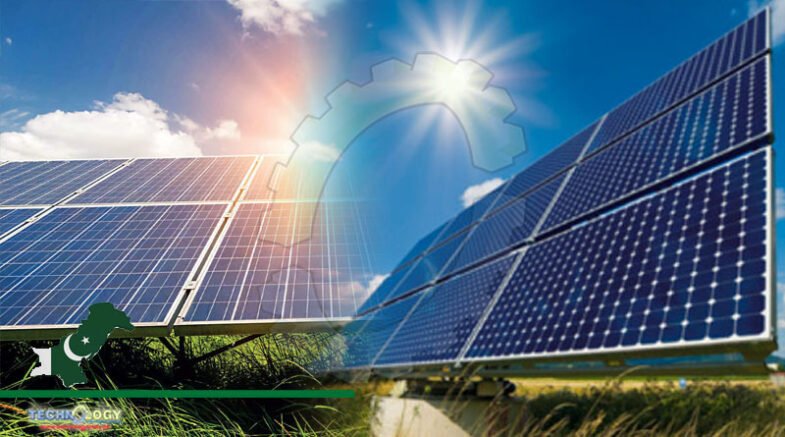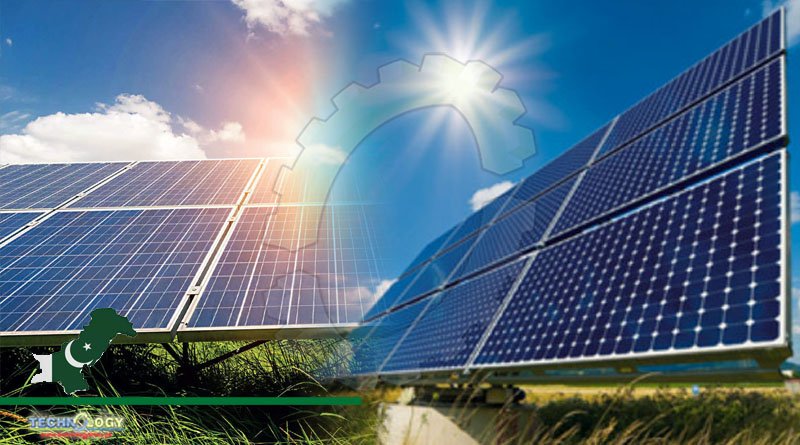Muhammad Nawaz Sharif University of Agriculture, Agro-Industrial Engineering department organized a training session to apprise students of solar thermal energy, operations and care of industrial dryers.

Muhammad Nawaz Sharif University of Agriculture (MNSUA) Agro-Industrial Engineering department organized a training session to apprise students about significance of solar energy, operations and care of industrial dryers.
Speaking at the training session Engineering dept Coordinator, Engineer Farrukh Ahsaan said that solar energy was being used in agriculture across the world.
Dr Shazia Hanif introduced a locally made drawing system and sensitized students about the significance of solar energy and its drawing in the modern world.
She underlined the need for food security and how to use solar dryer technology to lessen the growing shortage of food because it was a cheap and practical methodology.
Within no time, solar energy has established itself as an inexpensive source of power generation and is well on its way to becoming a leading choice for households and industrial consumers. As technological advancements continue, higher solar thermal energy penetration will have far-reaching implications for Pakistan’s power system.
Mukhtiar Mujhaid and Raesha gave training to the students about the operations and maintenance of the dryer and gave them hands-on training.
Dr Tanvir, HoD Agro-Industrial Engineering dept, Dr Sarfraz Hashim, Dr. Mohsin, and a good number of students were present.
Federal Minister For Energy says all efforts are being made to accelerate the work on development projects to produce cheap electricity in the country especially in Hazara region.
The Minister said the Suki Kinari project transmission line is part of the projects for provision of affordable and abundant power supply.
Pakistan, being in the Sun Belt, is ideally located to take advantage of solar energy technologies. This energy source is widely distributed and abundantly available in the country. The government plans to add 9,000 megawatts of solar thermal energy to the national grid, as an alternative energy source to the costly electricity being generated using imported fuel, under an initiative that includes waiving of all import duties along with tax incentives.
Originally published at Urdu Point
